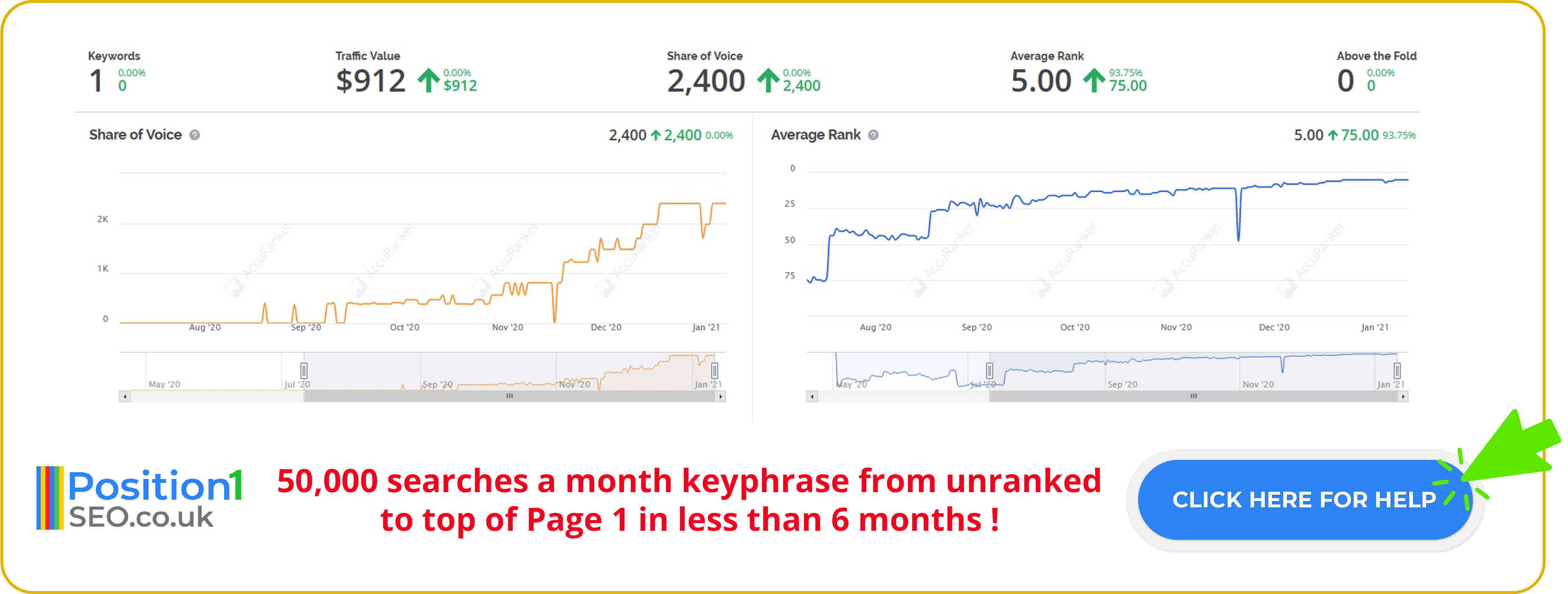
In the dynamic world of digital marketing, understanding the nuances between SEO and technical SEO is akin to deciphering the fine print of a map, each with its unique set of coordinates. While SEO (Search Engine Optimisation) and technical SEO both share the common goal of elevating your online visibility, they embark on distinct journeys to reach that summit. To unravel the mystery behind these two essential facets of online success, let's delve into the disparities that set them apart and discover how they work in tandem to navigate the digital landscape. So, my friends, grab your metaphorical compasses, and let's embark on this enlightening expedition.
This page supports our content about tech search engine optimisation assistance and you can find other in-depth information about What are technical SEO best practices by following this link or answers to related questions like What are the two types of SEO techniques if you click here.

Now that we've set our course to unravel the intricacies of SEO and technical SEO, let's navigate through some frequently asked questions (FAQs) to provide you with the tech search engine optimisation assistance you need to master these vital aspects of digital marketing.
Technical SEO best practices are crucial for on-page search engine optimization help. Here are some key recommendations:
Investing in these technical SEO best practices can enhance your on-page SEO efforts, helping you achieve better search engine rankings and providing a smoother experience for your website visitors.
Website Speed: Ensure your site loads quickly, as slow-loading pages can deter users. Invest in optimizations to improve load times.
Mobile Optimization: Make your website mobile-friendly to cater to a growing mobile user base. Responsive design is essential.
URL Structure: Use clear, descriptive URLs that include keywords when possible. Avoid lengthy or cryptic URLs.
HTTPS Security: Secure your site with HTTPS to build trust with users and search engines.
XML Sitemaps: Create and submit XML sitemaps to search engines to help them crawl and index your content effectively.
Structured Data Markup: Implement structured data (schema.org) to enhance the visibility of your content in search results.
Optimize Images: Compress and optimize images to reduce page load times without compromising quality.
Internal Linking: Use internal links to guide users to relevant content within your website.
Fix Broken Links: Regularly check for and fix broken links to provide a smooth user experience.
Content Optimization: Ensure high-quality, relevant, and well-structured content with appropriate keywords.
Canonical Tags: Implement canonical tags to prevent duplicate content issues.
Robots.txt: Use a robots.txt file to control search engine crawlers' access to specific parts of your site.
Monitor Page Errors: Regularly monitor and address 404 errors and other page issues.
Page Speed Optimization Tools: Utilize tools like Google PageSpeed Insights to identify and address speed-related issues.
User Experience (UX): Prioritize user experience, including mobile-friendliness, easy navigation, and clear call-to-actions.
Performing a technical SEO analysis is essential for optimizing your website's performance. Here's a concise overview of the process:
A comprehensive technical SEO analysis helps identify and resolve issues, ultimately improving your website's search engine rankings and user experience. Investing in these steps can lead to long-term success and a strong online presence.
Crawl Your Website: Use tools like Screaming Frog or Sitebulb to crawl your site. This reveals critical data, such as broken links, duplicate content, and missing meta tags.
Check Website Speed: Assess your website's loading speed using tools like Google PageSpeed Insights. Invest in improvements to enhance user experience.
Mobile-Friendliness: Ensure your website is mobile-responsive, as mobile-friendliness is a crucial ranking factor.
Indexing Issues: Examine your site's indexation in search engines. Identify and fix issues like duplicate content, and use canonical tags to specify preferred versions.
Technical Errors: Monitor for technical errors such as 404 pages, server errors, and improper redirects. Address these issues promptly.
SSL Certificate: Verify that your site is secure with an SSL certificate, indicated by HTTPS. It's important for user trust and SEO.
Structured Data Markup: Implement structured data (schema.org) to provide context to search engines and improve visibility in search results.
XML Sitemap: Create and submit XML sitemaps to search engines, aiding in better content indexing.
Robots.txt: Check and optimize your robots.txt file to control what search engines can crawl and index.
Internal Linking: Assess your internal linking structure to ensure it guides users and search engines to essential pages.
Content Quality: Review your content for quality and relevance, making sure it aligns with user intent and target keywords.
Backlink Profile: Analyze your backlinks and disavow low-quality or spammy links that may harm your SEO efforts.
Monitoring and Reporting: Continuously monitor your website's technical health and use tools like Google Analytics and Google Search Console to track progress.
Competitor Analysis: Study your competitors' technical SEO strategies to identify opportunities for improvement.
Budget Allocation: Allocate budget for technical SEO services or tools to streamline the analysis process and ensure ongoing optimization.
Absolutely, SEO is still a vital component of web performance optimization in 2023. Investing in SEO continues to be a valuable strategy to enhance online visibility, attract organic traffic, and ultimately boost revenue. Businesses that allocate budget for SEO services and implement effective strategies can expect a significant return on investment, making it a worthwhile investment in pounds and resources. As long as search engines exist, SEO will remain a relevant and essential practice for online success.
Yes, SEO is closely related to the IT industry. While SEO primarily focuses on improving a website's organic search optimization and visibility in search engines, it relies on various technical aspects related to website structure, coding, and performance. IT professionals play a crucial role in implementing the necessary technical changes and ensuring the site structure is conducive to effective organic search optimization. Investing in IT resources for SEO initiatives is a valuable approach for businesses aiming to enhance their online presence and generate pounds through increased organic traffic and conversions.
Technical SEO, in simple terms, is like the behind-the-scenes wizardry that helps your website perform better in search engines like Google. It involves making technical improvements to your site's structure, speed, and other aspects to ensure it's easy for search engines to understand and rank. By investing in technical SEO services, you're essentially fine-tuning your website's engine to attract more organic traffic, which can translate into more pounds in your pocket.
Google Analytics and SEO serve distinct but complementary roles in on-page search engine optimization efforts:
In summary, Google Analytics provides the data and insights necessary to assess the impact of your SEO efforts on your website's performance, user engagement, and revenue generation. Both are essential components of a successful on-page search engine optimization strategy, working together to help you achieve your pounds-related goals.
Google Analytics: It's a powerful analytics tool that provides insights into website traffic, user behavior, and performance. It helps you track the effectiveness of your SEO efforts, measure user engagement, and identify areas for improvement. Investing in Google Analytics is crucial for understanding how your website performs and where you can optimize to increase user satisfaction and potentially generate more pounds through improved conversions.
SEO (Search Engine Optimization): SEO, on the other hand, refers to the strategies and techniques used to enhance a website's visibility in search engine results. It involves on-page optimizations such as keyword research, content quality, meta tags, and more, to improve organic rankings. By improving your SEO, you can attract more organic traffic to your site, which, in turn, can lead to increased conversions and revenue.
The two primary types of SEO techniques are:
Both on-page and off-page SEO techniques are essential for improving your website's organic search rankings, attracting more traffic, and potentially increasing pounds through improved online visibility and conversions.
On-Page SEO: This involves optimizing elements on your website itself, such as content, meta tags, headers, and internal linking. On-page SEO aims to improve your website's visibility in search engines by making it more relevant and user-friendly.
Off-Page SEO: Off-page SEO focuses on external factors that influence your website's search engine rankings. This includes building high-quality backlinks from authoritative websites, social media marketing, and other strategies to enhance your website's online reputation and authority.
 In conclusion, gaining a comprehensive understanding of What is the difference between SEO and technical SEO? is fundamental in the pursuit of online prominence. While SEO and technical SEO may seem like two sides of the same coin, their unique roles and contributions in the digital realm are what truly set them apart. By now, you've not only grasped the distinctions but also glimpsed the symbiotic relationship between these essential components. Armed with this knowledge, you are better equipped to steer your digital strategy towards success, ensuring your online presence thrives in an ever-evolving landscape. So, as you continue to navigate the complex world of digital marketing, remember that SEO and technical SEO are your trusty allies, each with its own map to guide you towards the pinnacle of online visibility. Happy navigating!
In conclusion, gaining a comprehensive understanding of What is the difference between SEO and technical SEO? is fundamental in the pursuit of online prominence. While SEO and technical SEO may seem like two sides of the same coin, their unique roles and contributions in the digital realm are what truly set them apart. By now, you've not only grasped the distinctions but also glimpsed the symbiotic relationship between these essential components. Armed with this knowledge, you are better equipped to steer your digital strategy towards success, ensuring your online presence thrives in an ever-evolving landscape. So, as you continue to navigate the complex world of digital marketing, remember that SEO and technical SEO are your trusty allies, each with its own map to guide you towards the pinnacle of online visibility. Happy navigating!

For expert insights and assistance in understanding the nuances between SEO and technical SEO, contact Position1SEO at 0141 846 0114. Let's elevate your online visibility together!
Free Quote.
Free SEO Audit.
Free Conversion Advice.

Page 1 Guarantee or We Work for FREE !

Page 1 Guarantee or We Work for FREE !

| Cookie | Duration | Description |
|---|---|---|
| cookielawinfo-checkbox-analytics | 11 months | This cookie is set by GDPR Cookie Consent plugin. The cookie is used to store the user consent for the cookies in the category "Analytics". |
| cookielawinfo-checkbox-functional | 11 months | The cookie is set by GDPR cookie consent to record the user consent for the cookies in the category "Functional". |
| cookielawinfo-checkbox-necessary | 11 months | This cookie is set by GDPR Cookie Consent plugin. The cookies is used to store the user consent for the cookies in the category "Necessary". |
| cookielawinfo-checkbox-others | 11 months | This cookie is set by GDPR Cookie Consent plugin. The cookie is used to store the user consent for the cookies in the category "Other. |
| cookielawinfo-checkbox-performance | 11 months | This cookie is set by GDPR Cookie Consent plugin. The cookie is used to store the user consent for the cookies in the category "Performance". |
| viewed_cookie_policy | 11 months | The cookie is set by the GDPR Cookie Consent plugin and is used to store whether or not user has consented to the use of cookies. It does not store any personal data. |
